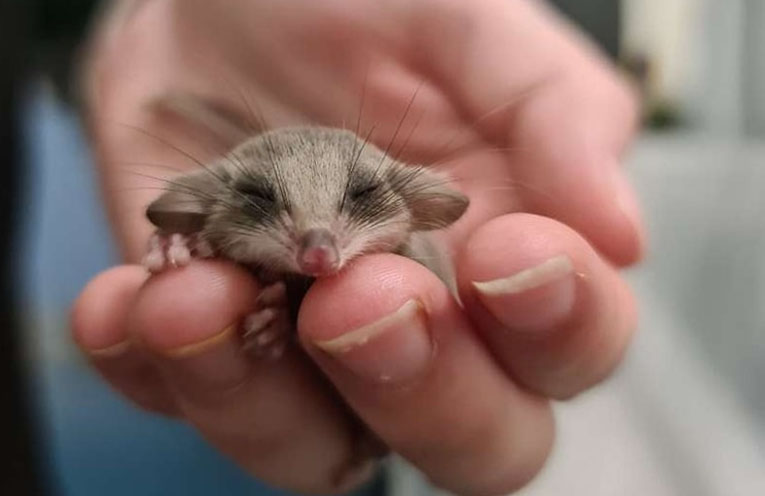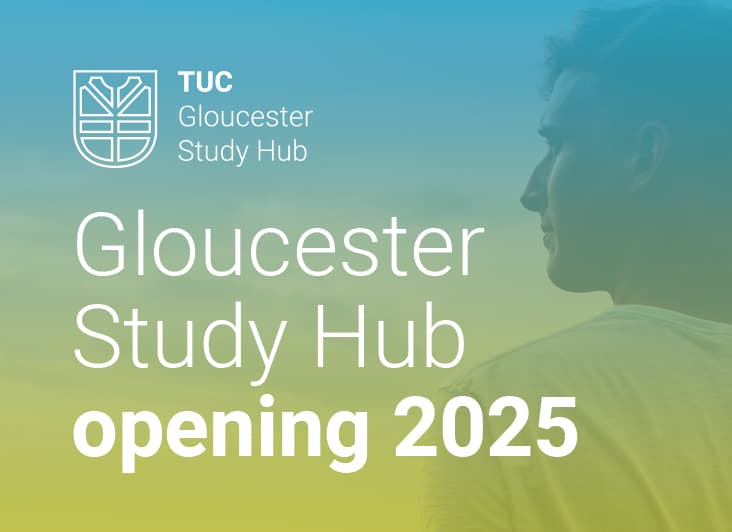AS any pet owner will tell you, with no government subsidies such as Medicare, treating injury and illness in companion animals can be an expensive prospect.
What hope is there, then, when native animals are struck by cars, or traumatised by bushfires?
That’s where the volunteers of Wildlife In Need Of Care (WINC) get involved.
“Wildlife In Need Of Care, was formed by a group of wildlife carers dedicated to servicing the greater Port Stephens, Dungog Shire and into the Great Lakes,” said the group’s spokesperson and species coordinator, Simone Aurino.
Simone says that Australian native animals are increasingly impacted by human development that encroaches on their home environment.
“Wildlife in general face compounding issues associated with habitat loss.”
“This creates vulnerability to disease, stress, contact with vehicles and domestic animals along with displacement.”
Whenever an injured koala, or a sickly galah is discovered, the members of WINC respond by sourcing expert veterinary care and providing a safe environment and assistance during rehabilitation.
“We are fortunate to have an Australia wide network of specialist carers, vets and professionals to consult and collaborate with,” said Simone.
While there is challenge and even heartache involved, the rewards for being part of this conservation work are extraordinary.
“Each carer has a story that makes their heart sing.
“Watching a damaged, scared bird take wing, a possum or koala climb a tree, a wombat scamper down a burrow or a snake slither off into the grass, it’s the best feeling.”
WINC faces two ongoing challenges in doing their part to protect native species: maintaining a cohort of volunteers, and sourcing sufficient funding for veterinary care.
“One of our greatest challenges, especially as a small organisation, is funding.”
“Unlike the large well known organisations we do not receive ongoing government support and our financial resources are dependent on donations.”
The organisation offers a great variety of roles in which people can contribute to the mission, including rescue, transporting animals, intensive care and rehabilitation, support carers, telephone hotline operators, administration support, fundraising and community awareness, grant applications and data collection, tech and social media as well as committee and species coordinators.
“Our members have the flexibility to volunteer within hours that suit them, with the support of the rest of the teams,” Simone said.
Wildlife carers need to undergo specific training depending on their level of participation.
“Every carer and support member experiences the satisfaction of helping our unique wildlife, even when an animal is unable to be saved.
“Sometimes just giving shelter as the lifecycle completes is a comfort.”
All donations made to the organisation go directly to animal care – WINC has no employees and administrative costs are absorbed by volunteers.
Anyone interested in volunteering with WINC, making a donation or seeking further information can email wincenquiries@gmail.com, or visit the organisation’s Facebook page.
If you discover an injured native animal or bird you can contact WINC on 1300 946 295 for assistance.
By Lindsay HALL




